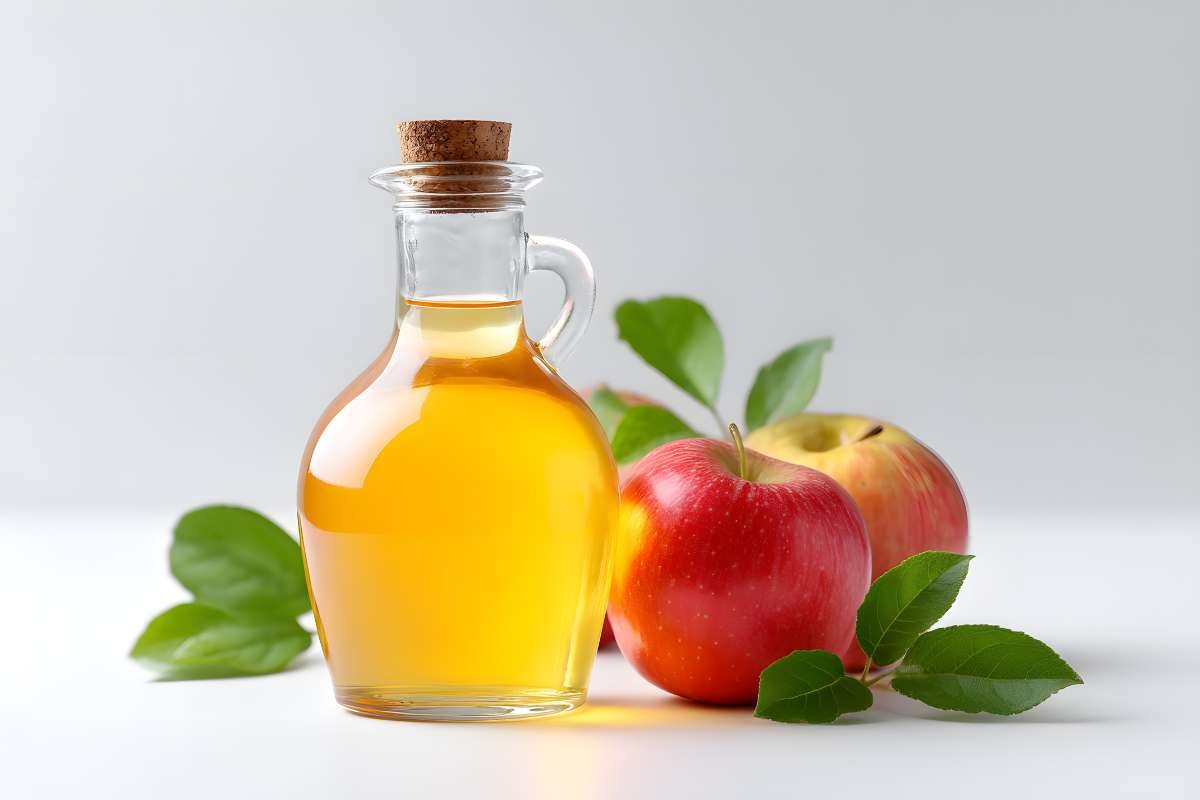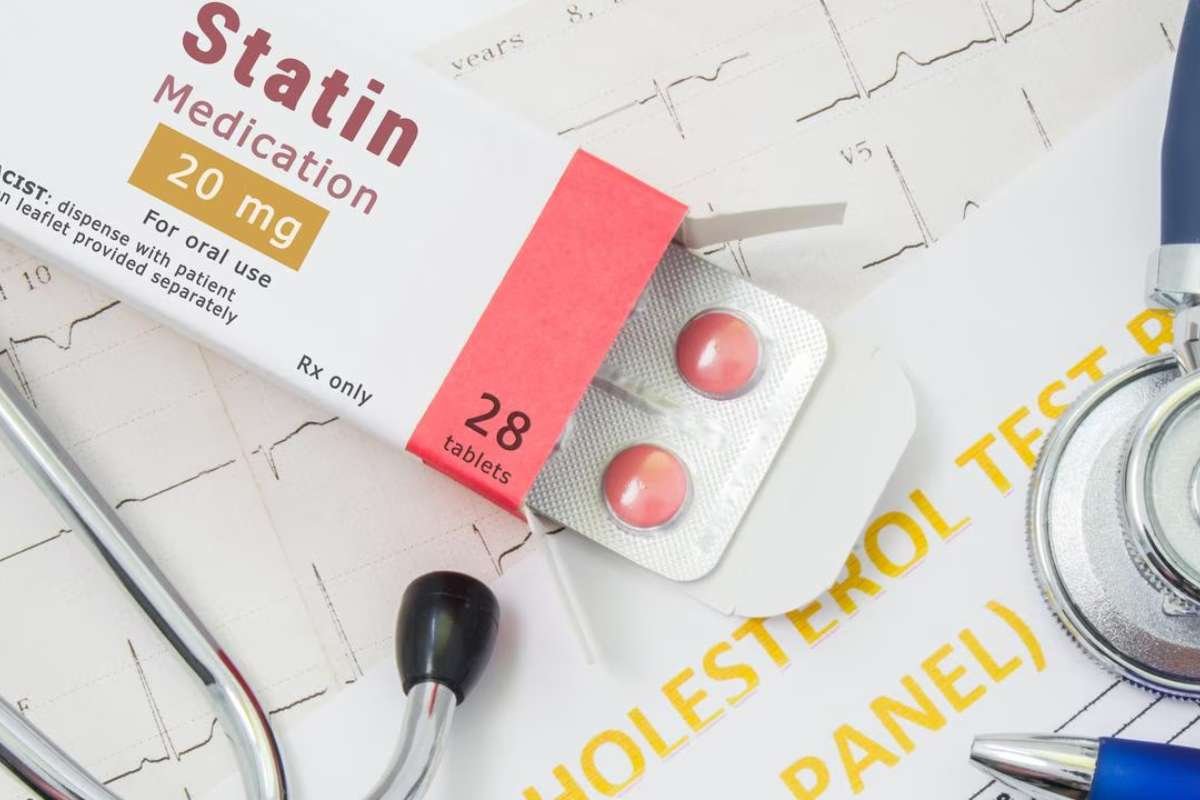As the world continues to grapple with the ongoing COVID-19 pandemic, vaccine manufacturers are already preparing for the possibility of another pandemic caused by avian influenza, also known as bird flu. Several major pharmaceutical companies are developing vaccines for bird flu in anticipation of a potential outbreak.
Bird flu is a type of influenza that primarily affects birds but can occasionally be transmitted to humans. While human cases of bird flu are rare, the virus has the potential to mutate and become more contagious, leading to a potential pandemic.
Pharmaceutical companies have been monitoring the spread of bird flu for years and have been preparing for the possibility of an outbreak. Companies like GlaxoSmithKline, Sanofi, and Seqirus are among those developing bird flu vaccines, which are designed to be used in the event of an outbreak.
Which vaccines are in the process of development?
The vaccines currently in development are based on the H5N1 strain of the virus, which has caused several outbreaks in birds and a limited number of human cases. While the H5N1 strain is not currently spreading widely among humans, it has the potential to mutate and become more contagious, leading to a potential pandemic.
The World Health Organization (WHO) has identified bird flu as a top priority for vaccine development, and many countries have stockpiled bird flu vaccines in case of an outbreak. However, the vaccines currently available are not effective against all strains of the virus, which makes it difficult to prepare for a potential outbreak.
In response, vaccine manufacturers are developing new vaccines that are designed to be effective against a broader range of bird flu strains. These vaccines are based on newer technology that allows for faster and more flexible vaccine development, which could be crucial in the event of a pandemic.
Despite the progress being made in vaccine development, there are still many challenges to overcome. One of the biggest challenges is the limited supply of raw materials needed to produce the vaccines, such as eggs and adjuvants. In addition, there are concerns about the cost and accessibility of the vaccines, particularly in low-income countries.
Vaccine makers prep bird flu shots for humans
What are the measures taken by WHO?
To address these challenges, the WHO has called for increased investment in bird flu vaccine development and greater international cooperation in preparing for a potential outbreak. The organization has also emphasized the importance of surveillance and early detection of bird flu cases, as well as effective containment measures to prevent the spread of the virus.
While the development of bird flu vaccines is a positive step in preparing for a potential outbreak, experts caution that vaccines alone are not enough to prevent a pandemic. In addition to vaccination, other measures such as improved hygiene, early detection and treatment, and effective public health communication will be crucial in preventing the spread of the virus.
As the world continues to face the ongoing threat of COVID-19, the development of bird flu vaccines is a reminder of the importance of preparedness and global cooperation in addressing public health threats. While it is impossible to predict when or where the next pandemic will emerge, efforts to develop effective vaccines and other interventions can help to mitigate the impact of future outbreaks and save lives.







